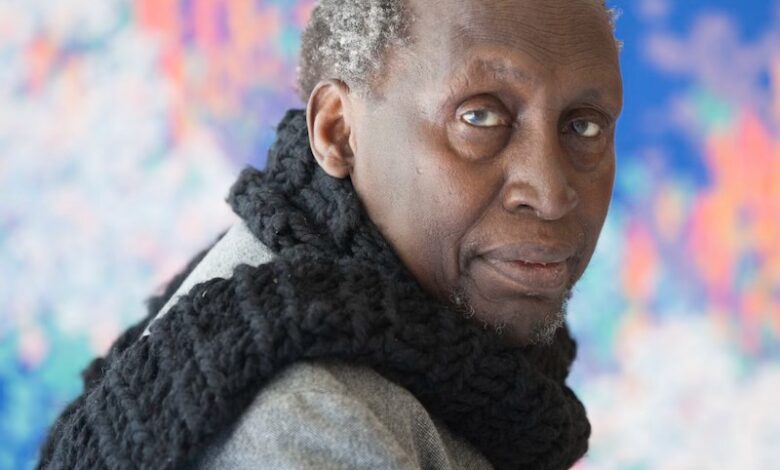Kenyan literary icon Ngũgĩ wa Thiong’o dies at 87

Ngũgĩ wa Thiong’o, the pioneering Kenyan writer and fearless champion of African identity, has died at the age of 87 in Atlanta.
Widely regarded as one of the most influential literary figures of the continent, Ngũgĩ’s legacy is defined by a bold resistance to colonial dominance—through language, literature, and lived experience.
Born in 1938 during British colonial rule in Kenya, Ngũgĩ’s early life was shaped by the turbulence of the Mau Mau uprising and the social injustices of occupation.
These formative experiences later became the bedrock of a powerful literary career that began with his landmark debut, Weep Not, Child—the first major novel in English by an East African writer.
But Ngũgĩ’s journey did not remain tethered to the colonial language. In a radical turn, he abandoned English altogether and embraced his native Gikuyu as a medium for fiction, drama, and thought. For him, language was more than a tool—it was the soul of a people.
“African literature must reconnect with African languages,” he asserted, a conviction he explored fully in his seminal essay collection, Decolonising the Mind.
His commitment to political truth came at a personal cost. In 1977, Ngũgĩ was arrested and jailed without trial after co-writing a play that criticized government corruption and injustice.
Exiled after his release, he continued his activism and scholarship abroad, particularly in the United States, where he taught at the University of California, Irvine.
Through powerful works such as Petals of Blood, Devil on the Cross, and Wizard of the Crow, Ngũgĩ crafted deeply political stories that dissected colonialism, neocolonialism, and the betrayal of post-independence ideals. His prose, sharp and unrelenting, always aimed to hold power to account.




